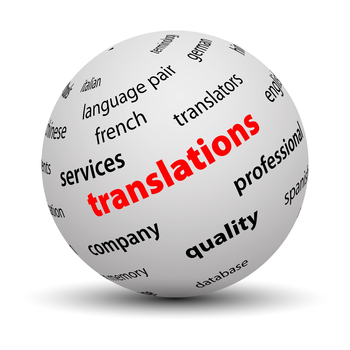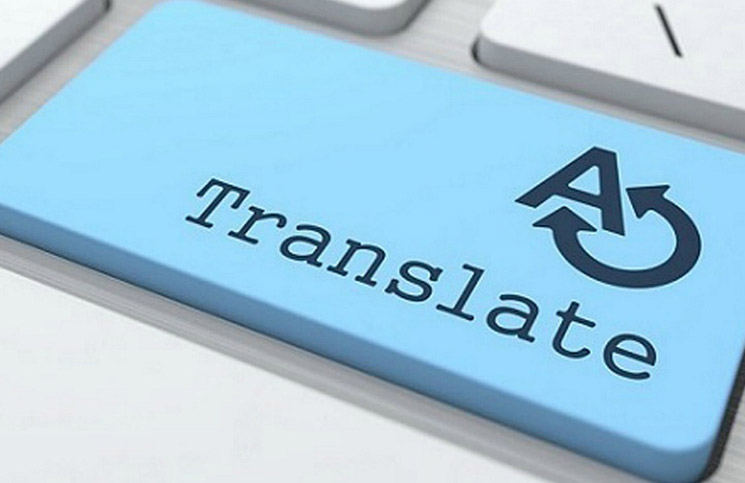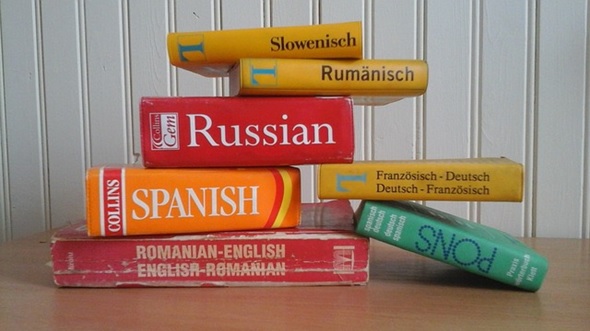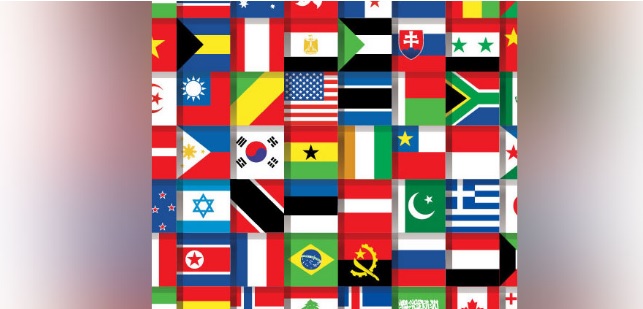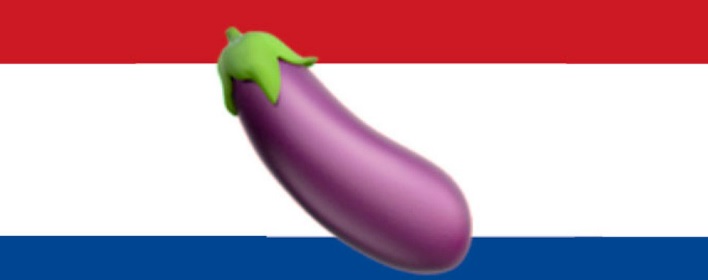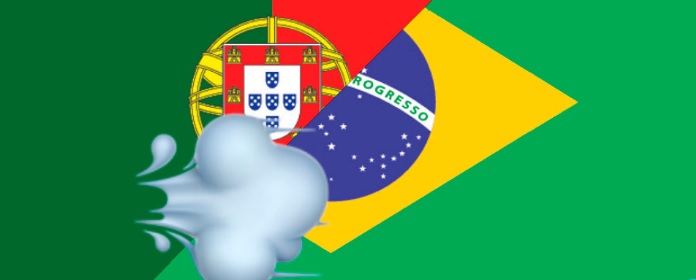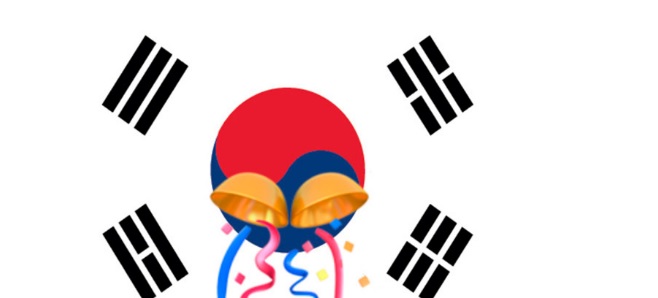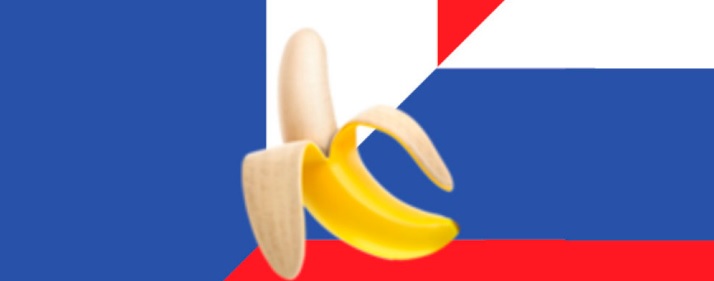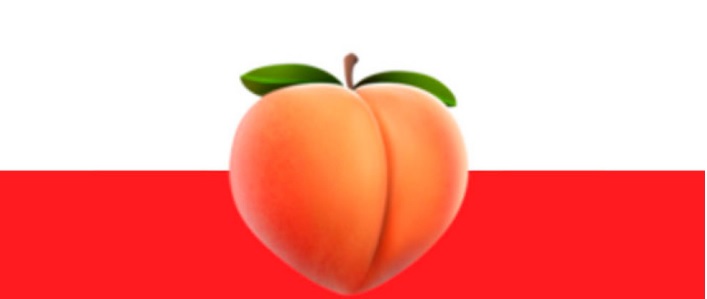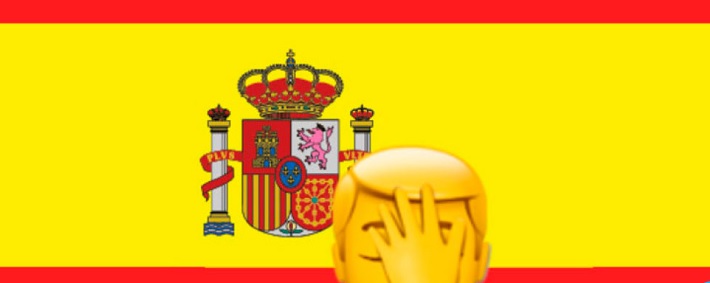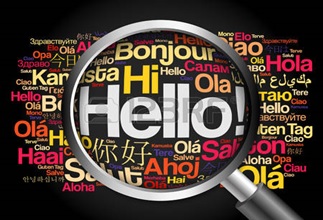A driver’s license is a document used to identify individuals and prove their ability to drive legally. Driver licenses are state-issued, meaning each state has its own set of regulations on what documents need to translated when getting a driver’s license. For example, in Florida, you may not need any translation if your current valid driver’s license is from the United States or Canada. However, if it comes from another country, then specific translations will be required for reciprocity purposes. In Texas, drivers must carry an International Driving Permit (IDP) alongside their original license with verified translations from DMV (Department of Motor Vehicles) officials before they’re allowed to operate vehicles in other states.
If you have moved across the country recently and want to know more about how to get your driver’s license translated, then there are some key things you will want to know about the process.
- There is no particular law that says how long a driver’s license needs to be valid for it to be eligible for translation; companies have their requirements and policies, so this would need to check with the company before deciding on anything.
- Suppose an applicant has had any major change in their personal information since they received their original document (i.e., name or address). In that case, they need to apply for a new drivers license, which can take up to three months depending on where you reside and what state you’re applying in. In addition, specific identity verification measures may still need to be completed even after receiving a translated copy of a drivers license.
- Documents translated for a small fee, and the process is relatively simple.
- The translation must be certified by a notary to prove its validity.
- Banks, employers, and other institutions may verify the content of driver’s license translations before accepting them for certain purposes—so checking that everything has translated correctly is vital.
- Drivers applying for a new driver’s license or state ID in their countries of origin should first get an international driving permit from their embassy or consulate. It will ensure that their identification is ready to go on future trips either back home or abroad.
- If all requirements met, it would be up to the consulate or embassy in your new state of residence whether they accept driver’s license translations for ID purposes.
Deciding to get your drivers license translated is an excellent idea if you move from one state to another. Nowadays, it’s necessary for many people who move across the country to have their driver’s licenses translated to drive in other states. The problem with this process is that different regulations depend on where you live and which documents need a translation.
Hence if you want to get your driving licenses translated, we are here. We’ve helped people with drivers license translation and other document translation in the past, so don’t hesitate to reach us today for more information. Our team is always on hand to answer any questions you have about our services or specific document requirements that may not be clear from this blog post.
